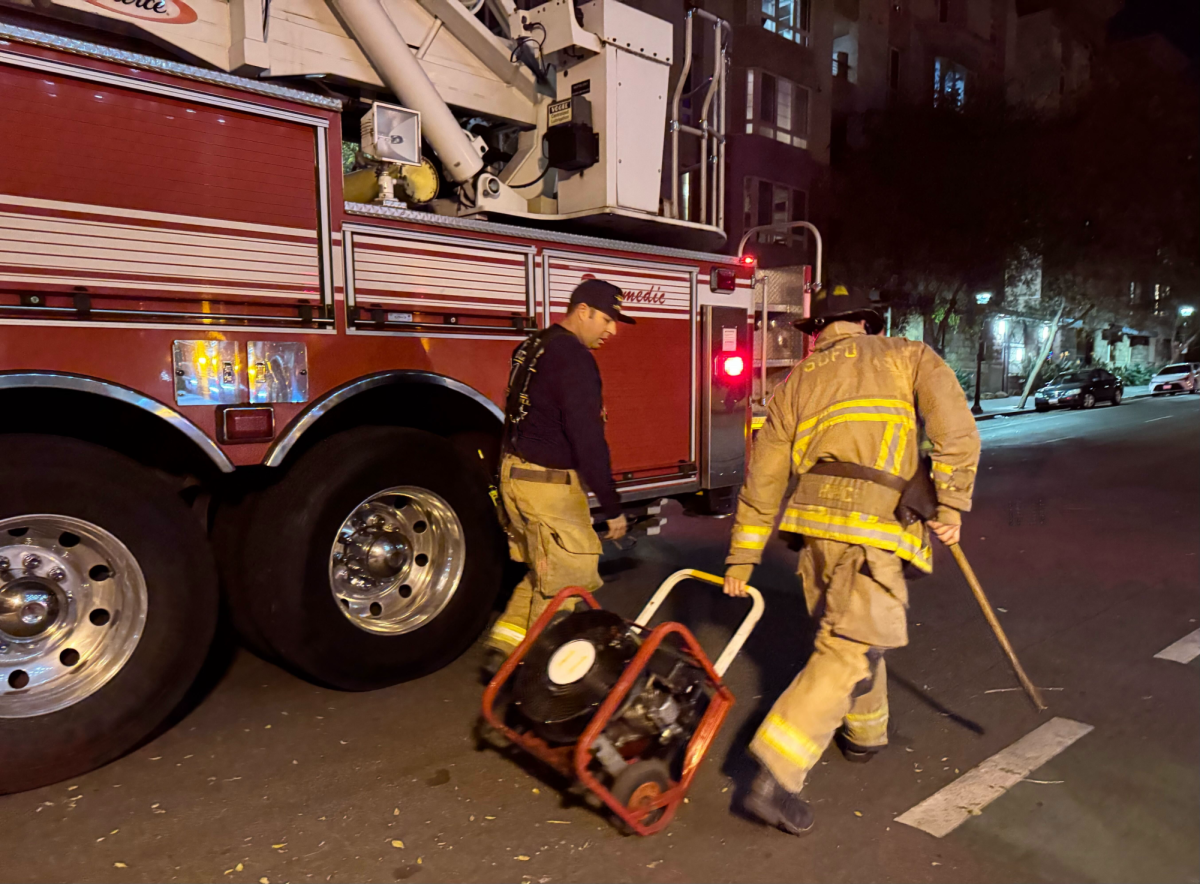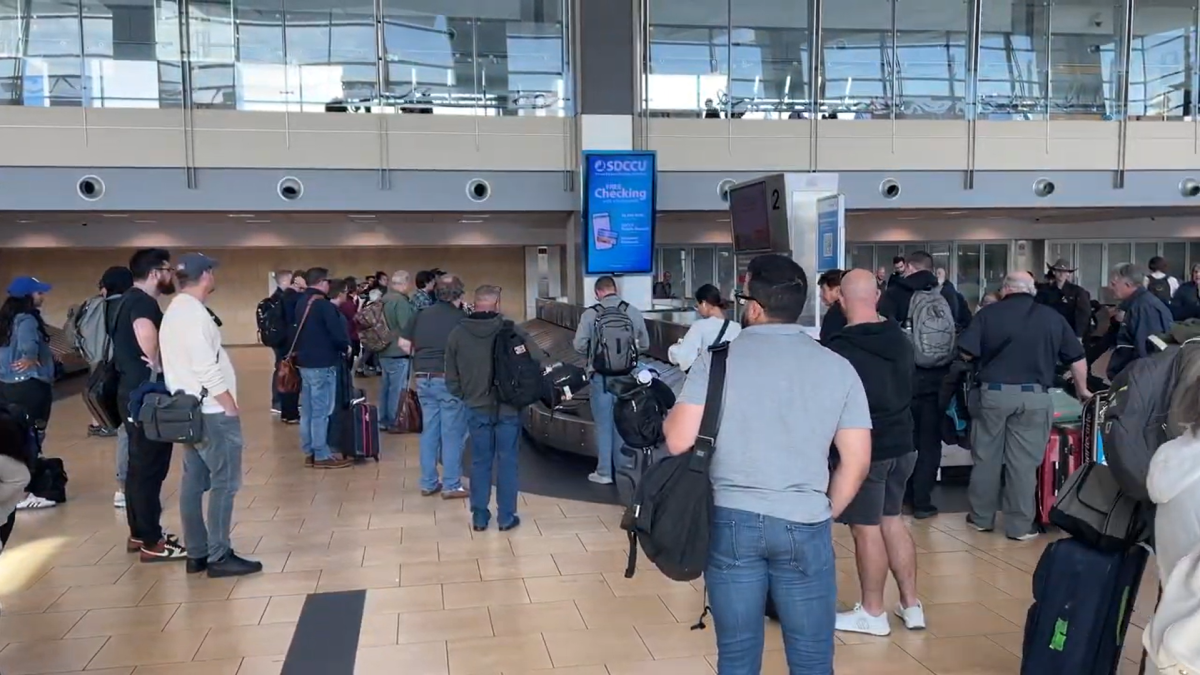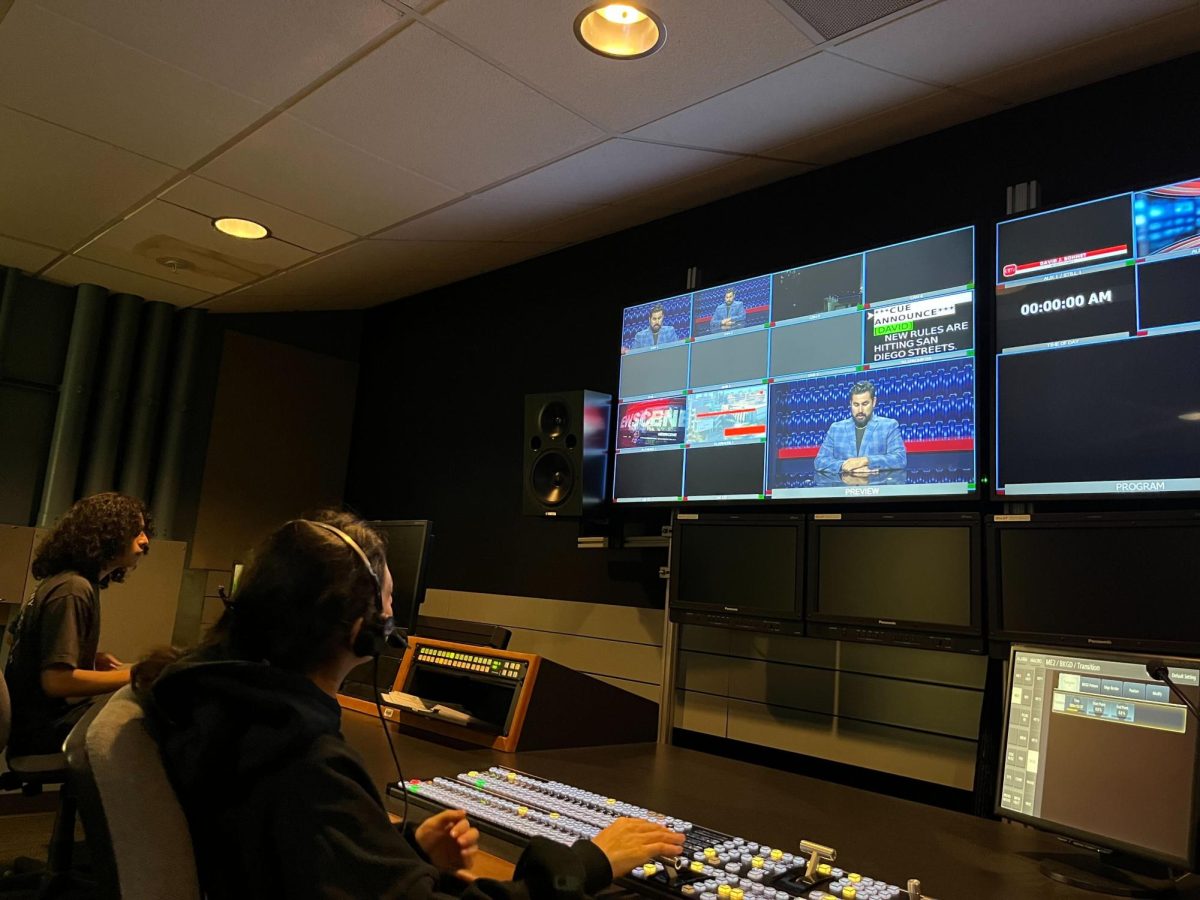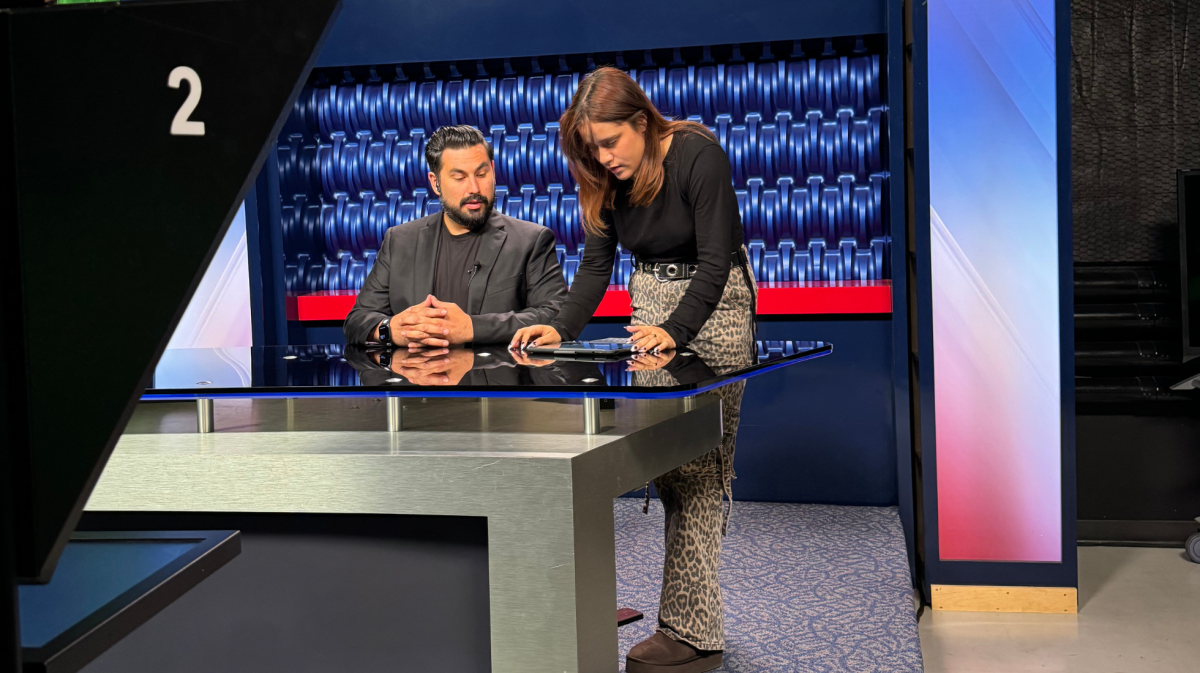In the midst of budget cuts leaving much of City College’s specialized programs stripped of funding, the Disabled Students Programs and Services (DSPS) is coping to meet the needs of the 1200 students active in its database.
According to Debra Wright-Howard, Program Activity Manager for DSPS, resources are being “stretched” that barely meet Americans with Disabilities Act (ADA) guidelines. For example, it takes four to five weeks for a student to see a counselor.
“To call [and then wait] four to five weeks to see a counselor ‘timely’ would be a stretch,” Wright-Howard said, referring to the ADA stipulation that students be seen in a reasonable amount of time.
Wright-Howard said that although there has been a seven to nine percent growth of disabled students per semester, the DSPS program is being run on 50 to 55 percent of its pre-2008 operating budget.
“The last two [fiscal] years have been run on 2008 to 2009 [funding] levels,” Wright-Howard said.
“We still don’t have any money,” DSPS’s receptionist Darwin Browne said, even though President Terrence Burgess said there have been no additional cuts for the current academic year.
President Burgess said some of the money lost from cuts to specialized programs like EOPS or DSPS are being “supplemented by general funding” which are usually allocated to the San Diego Community College District’s expenditures.
Test-proctoring hours have been slashed from full to half days.
Test proctoring is a service where disabled students could take a test at the DSPS center rather than in the classroom. For instance, a visually impaired or handicapped student could request adaptive software to take exams.
According to Browne, three staff members — a secretary, a learning-disability specialist, and a full-time counselor — chose early retirement during the summer. Their only other option was to be transferred to another department.
But no one has felt the crunch of the cutbacks as much as Christina Gibbs, who is a licensed clinical social worker and the only remaining full-timer on staff.
“I’m constantly seeing students all the time,” Gibbs said. “I bump into students in the lobby who need to see me.”
Some of Gibbs’ workload is alleviated with help from two part-time adjunct faculty and an unpaid intern.
On top of her workload and a mountain of paperwork (to meet statewide compliance), Gibbs said DSPS has to process “special populations” which have learning disabilities and psychiatric conditions in addition to serving the disabled student population.
“In addition to our regular disabled students, our department has to process special populations such as parolees and vets,” Gibbs said.
According to state and federal mandates, community colleges are required to offer services to their disabled student population, and disabled students can opt to use those services or not.
DSPS counselors like Gibbs are the only counselors qualified to deal with the disabled student population whereas counselors in the general counseling department are not.
Due to the budget cuts, DSPS has no funds to perform psychometric testing, that is, to diagnose students to see if they have any learning disability.
“These are individuals who never knew they had any condition, who were never diagnosed in K through 12,” Gibbs said. DSPS continually gets referrals from the nursing department and professors about students who may have a learning disability but don’t know it.”
According to Gibbs, DSPS’ psychometric testing has shrunk from 20 to two students per semester. For the other students who need to be tested, DSPS refers them to community resources.
The “chronicity” of problems that disabled students face is due to the economic meltdown affecting their lives, Gibbs said.
“Crisis level is constant all the time,” Gibbs said.
“I used to take testing whenever I wanted to,” a DSPS student (who asked not to be identified) said. “Now I have to adjust my schedule to make an appointment which takes three weeks. And there’s less counselors. It’s not fair.”







